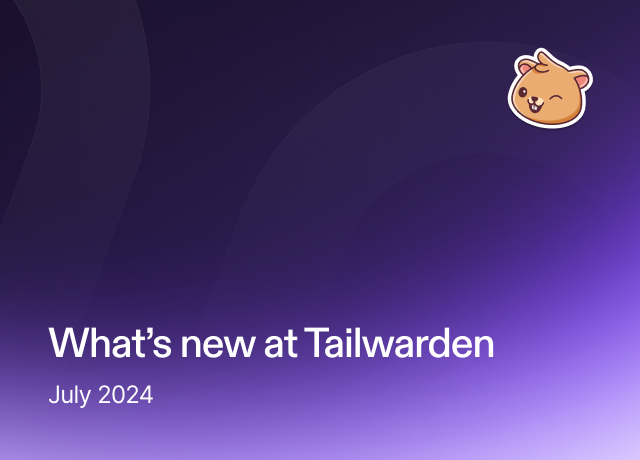
GCP resources management with Komiser
All bases are now covered! Our latest blog post covers the integration of Komiser with GCP, providing greater visibility into your cloud resources. Check it out now!

Why GCP?
Google Cloud Platform (GCP) is a cloud computing platform offered by Google, providing a wide range of services and tools for building, deploying, and scaling applications in the cloud. It competes with other cloud providers such as Amazon Web Services (AWS) and Microsoft Azure, making up the big three cloud providers. Offering similar services but with a different approach to cloud computing.
GCP's strengths lie in its ability to offer high scalability, low latency, and high availability, making it a great choice for mission-critical applications. It's robust machine learning and big data analytics services, along with its powerful networking capabilities, set it apart from other cloud providers. GCP also has a strong focus on security and compliance, with a range of tools and services to help customers meet their compliance requirements.
Komiser has now expanded its capabilities to serve a wider range of cloud teams with diverse technical requirements. We are happy to announce the addition of the new GCP integration, which really rounds out the integration options with regard to service providers. We will surely continue to add cloud resource sources as integrations but with the addition of GCP the main bases are now covered. Little by little with each cloud provider integration and cloud resource added to the fold, Komiser is living up to its aspiration of being the most comprehensive cloud transparency and cost optimization tool in the space.
Configuration
To enable Komiser to collect your GCP resources, you need to have a Service Account setup with at least the following permissions:
- storage.buckets.list to list Buckets
- compute.instances.list to list VM instances
- monitoring.timeSeries.list to allow for cost estimation of your Buckets
Create and download the Service Account as JSON from the GCP console and store it on your machine. Add the following configuration to your config.toml:
.png)
The name can be anything you want. You can use different names in case you want to connect more than one GCP account.
Take a look at the GCP resources below that are gathered in the GCP resources custom view.

💡 Any doubts? Reference the official Komiser documentationAs of writing, the GCP integration with Komiser only supports Cloud Storage Buckets and Compute Engine VM Instances. However, we plan to support the following resources shortly. If you are an OSS contributor. Feel free to grab any of the open issues linked above.
Regardless if you are a Developer, DevOps, or Cloud engineer. Dealing with the cloud can be tough at times, especially on your own. If you are using Tailwarden or Komiser and want to share your thoughts doubts and insights with other cloud practitioners feel free to join our Tailwarden discord server. Where you will find tips, community calls, and much more.


